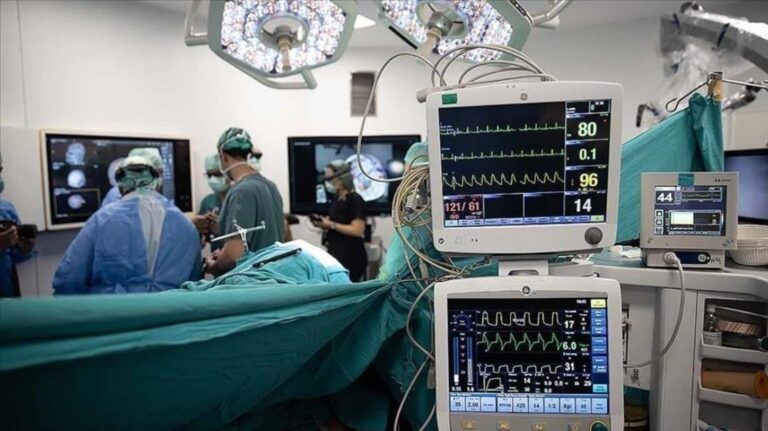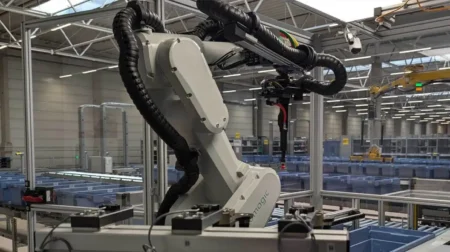Chinese researchers have developed an AI hospital town, similar to Stanford’s AI town, which went viral last year. The AI hospital, named “Agent Hospital,” was developed by researchers from Tsinghua University.
The researchers highlighted the potential of this innovative approach to healthcare, with the AI hospital town featuring virtual patients treated by AI doctors, which are designed to autonomously evolve and improve their medical expertise.
All doctors, nurses and patients in the virtual environment are driven by large language model (LLM)-powered intelligent agents capable of autonomous interaction.
According to the team, AI doctors can treat 10,000 patients in just a few days, a task that would take human doctors at least two years.
What’s more, the AI doctors have reportedly achieved a 93.06% accuracy rate on the MedQA dataset, simulating the entire process of patient care from diagnosis to follow-up.
The AI hospital includes various consultation and examination rooms, which are staffed by 14 doctor agents and four nursing agents. This set-up aims to optimise warehouse operations and enhance training for medical students by allowing them to propose treatment plans in a risk-free environment.
Liu Yang, leader of the Agent Hospital project, explained the transformative potential of this AI innovation for real-world healthcare.
“The concept of an AI hospital town, where virtual patients are treated by AI doctors, holds immense significance for both medical professionals and the general public,” the Beijing-based Global Times reported, citing recent interviews.
“The AI hospital aims to train doctor agents through a simulated environment so that it can autonomously evolve and improve its ability to treat disease.”
The AI hospital town could provide high-quality, affordable and convenient healthcare services, leveraging a vast repository of medical knowledge. It can also simulate and predict medical scenarios, such as the spread of infectious diseases.
Despite the promising prospects, significant challenges remain, including strict adherence to national medical regulations and ensuring AI-human collaboration.
Dr. Dong Jiahong of Tsinghua University noted that while AI can enhance healthcare precision and efficiency, it cannot replace the personalised care and compassion provided by human doctors.








